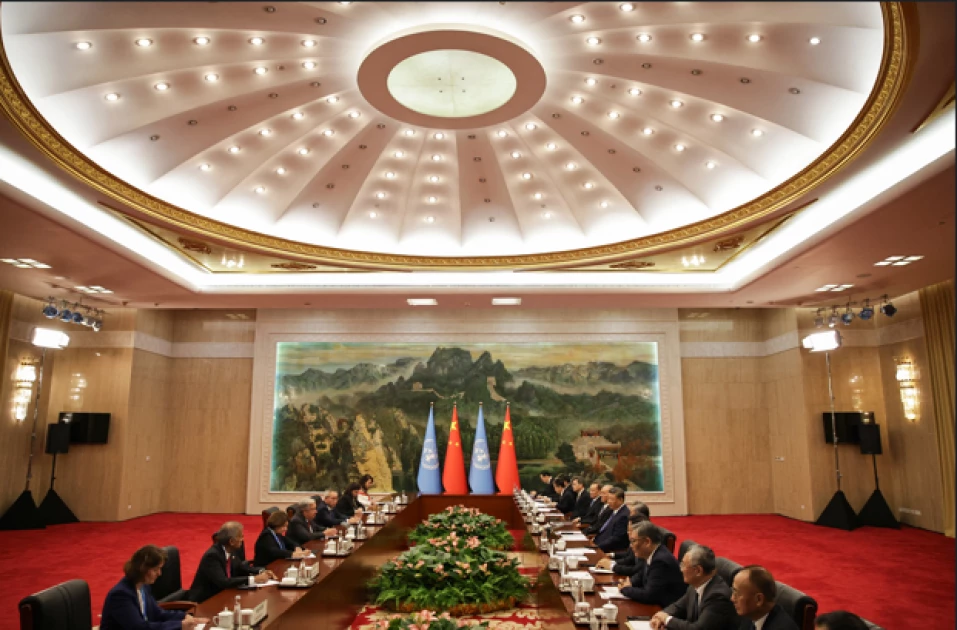Yemen’s Huthi rebels have detained at least 11 United Nations personnel in raids on UN offices in Sanaa and Hodeida, escalating tensions in the war-torn country. The arrests, confirmed on Sunday by UN Secretary-General Antonio Guterres, come just days after Israel killed the Huthis’ prime minister, Ahmed Ghaleb Nasser al-Rahawi, in a targeted strike.
According to Guterres, the detentions were “arbitrary” and carried out by the Huthi de facto authorities, who forcibly entered UN premises and seized property. UN envoy to Yemen Hans Grundberg said the arrests violated international obligations to protect humanitarian workers, warning that such actions undermine efforts to deliver vital assistance to millions of Yemenis.
The Huthis, who seized Sanaa in 2014 and control large swathes of the country, have not publicly commented on the latest detentions. However, they previously accused humanitarian organizations of harboring what they called “an American-Israeli spy network” allegations strongly denied by the UN.
Sunday’s crackdown also targeted employees of international aid agencies. A security source in Sanaa told AFP that seven World Food Programme (WFP) staff and three UNICEF workers were arrested. The WFP described the detentions as “unacceptable,” stressing that the safety of aid workers is essential to maintaining life-saving operations in Yemen, where more than half of the population depends on humanitarian aid.
The UN disclosed that the Huthis are already holding 23 of its personnel, some since 2021, in addition to eight more detained earlier this year. Last year’s wave of arrests had already forced the UN to limit deployments and suspend activities in certain regions.
The arrests coincided with wider Huthi sweeps across rebel-held areas, with dozens reportedly detained on suspicion of collaborating with Israel. The measures follow Rahawi’s death in an Israeli airstrike on Thursday, which marked the highest-profile Huthi loss in Israel’s campaign during the Gaza war. In response, the Iran-backed group vowed to intensify attacks on Israel.
The developments underscore Yemen’s fragile state after nearly a decade of civil war, where humanitarian access remains precarious and civilians continue to bear the brunt of both local conflict and regional tensions.

